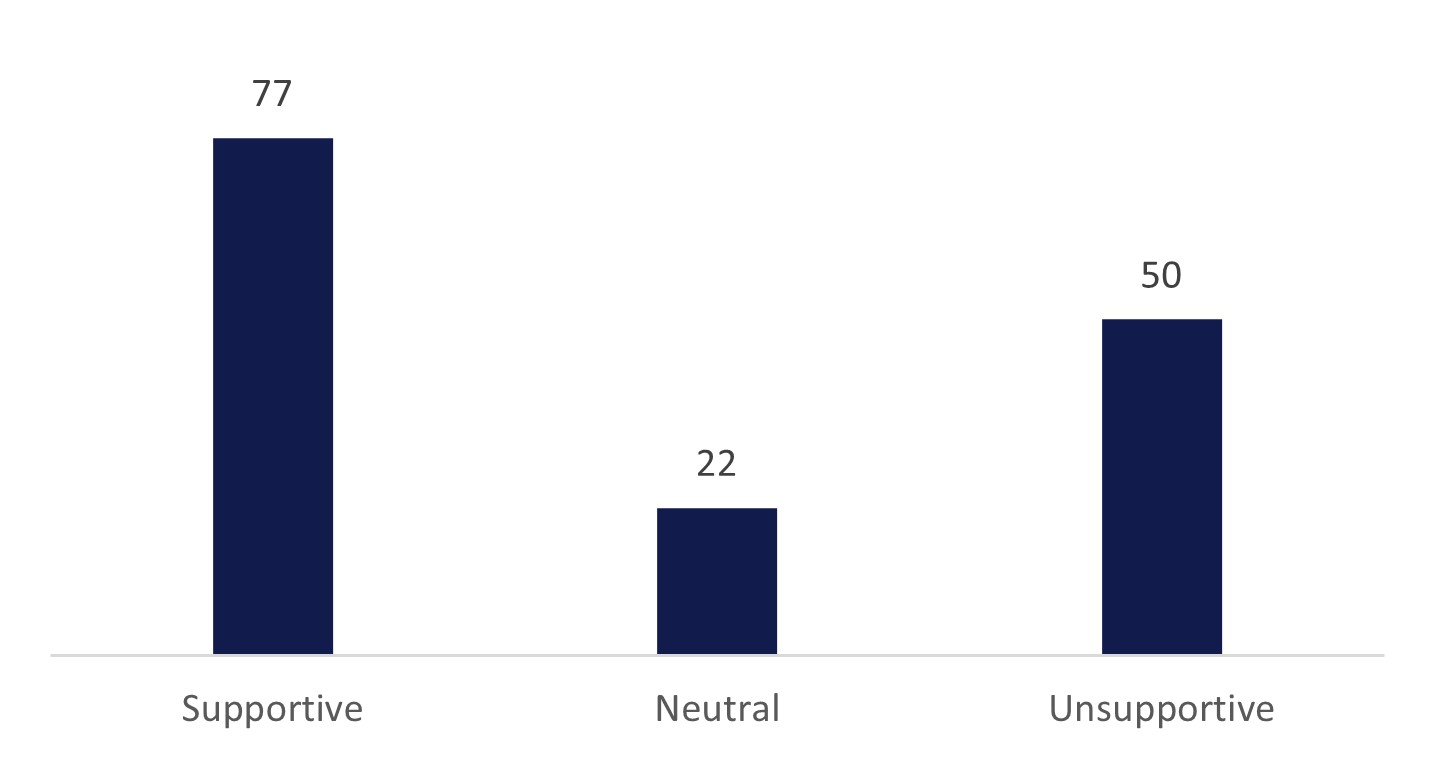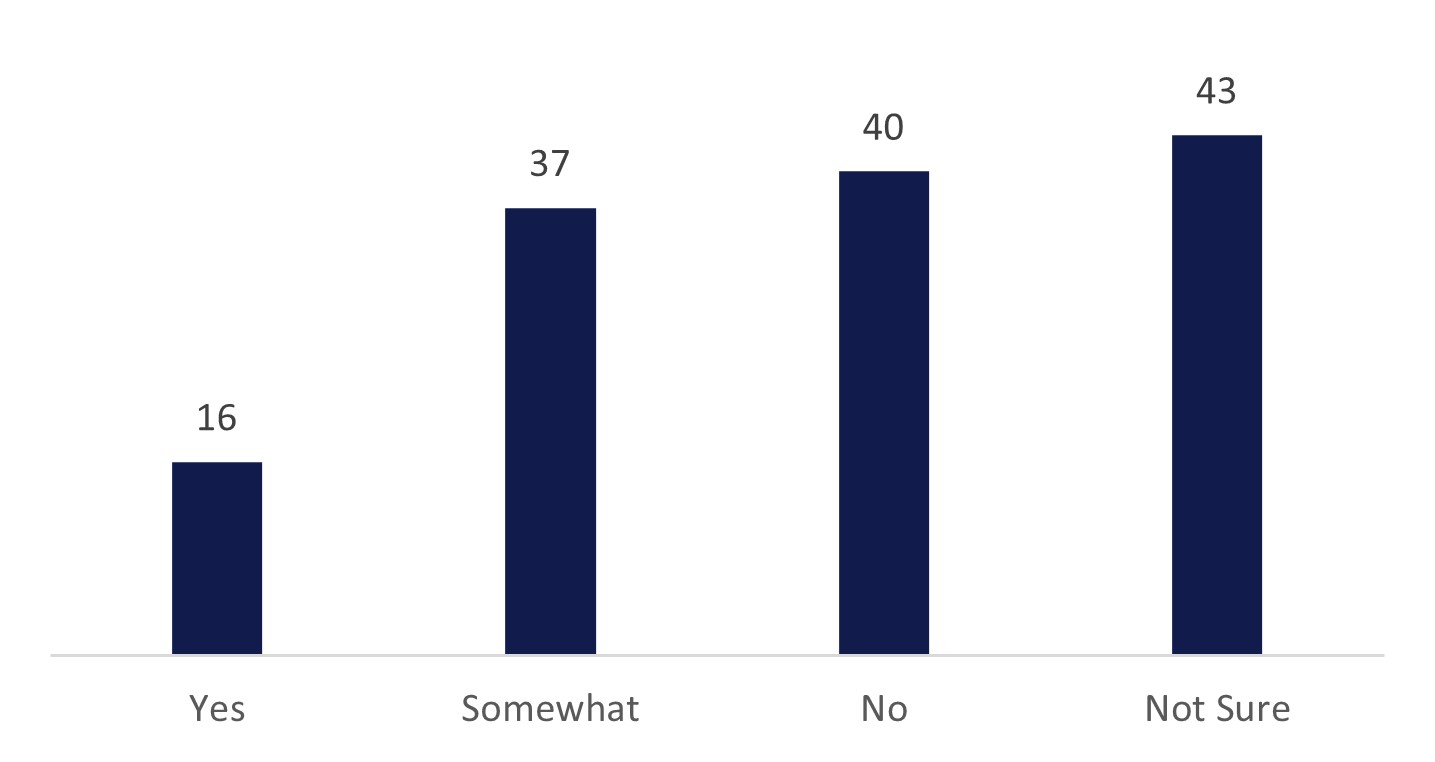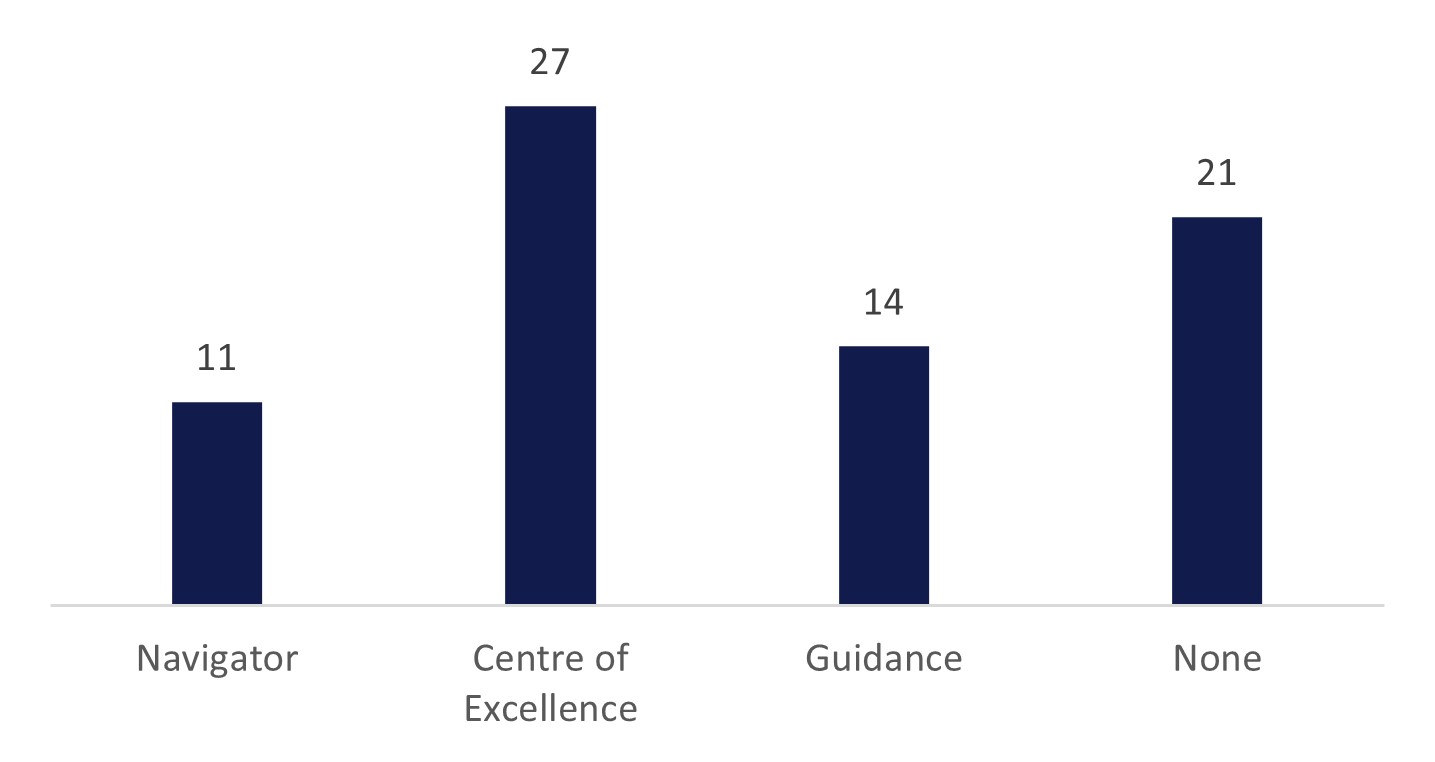Better responding to the needs and aspirations of Māori
The building system should be more responsive to Māori building needs and aspirations and should address challenges that Māori face in the system, namely, capacity and capability and relationship issues.
On this page
The options paper identified 3 options to address the issues that Māori face in the building consent system:
- Create a navigator role
- Establish a centre of excellence for Māori-led construction projects
- Publish guidance (written in collaboration with Māori).
149 submitters responded to this chapter. There was a strong preference from Māori to engage more directly through face-to-face communication rather than through a formal written submission process.
Of the 149 submitters, 77 agreed that Māori face barriers across the wider building process and/or were broadly supportive of the intent of the options. 22 submitters were neutral and 50 did not support the general intent of the options. Many of those who did not support the options did not perceive that Māori faced unique issues and thought that everyone using the building consent system should get the same support, or assumed that MBIE was planning to establish a separate consent system for Māori (which was not the intent of the proposed options).
Figure 13: Level of support for the general intent of the options

Text description: Figure 13
Submitters were asked whether the options would help address issues that Māori face in the building consent system, which option would have the most impact, what risks exist and mitigations for these, and whether there are other options that could make the system more responsive to Māori aspirations. There were also 2 specific questions about the navigator role and centre of excellence.
Common themes
- 51 percent of submitters supported the intent of the options and/or agreed that there are barriers for Māori in the building process that need addressing.
- Submitters who agreed there are unique barriers faced by Māori stressed the need to address issues around financing and multiple ownership of land, planning issues, and building code issues, whether through these options or by other means.
- Many of the submitters who agreed that Māori face unique barriers thought that for these or other options to be successful there should be sufficient consultation and partnering with Māori.
- Around a third of submitters thought that many participants struggle with the building consent system and there should be equal support for all participants.
Summary of responses
There were mixed views on whether the proposed options would help address issues that Māori face in the building consent system
136 submitters responded to this question. The breakdown of responses is shown in the graph below.
Figure 14: Will the options help address the issues?

Text description: Figure 14
Responses were fairly evenly split between no, not sure, and somewhat, with 16 submitters responding ‘yes’. However, 36 of those who responded ‘not sure’ or ‘somewhat’ still supported the intent of the options in-principle.
26 of the 40 submitters who said ‘no’ wanted equal support for all participants. Other reasons for not supporting the options included concerns about Building Code compliance, that land and planning issues should be the focus, and that the options may duplicate existing arrangements.
10 of the 43 submitters who were ‘not sure’ considered that they were not qualified to respond and/or that MBIE should consult further with Māori on the options (a key theme across all questions). Other reasons included the need to provide support to all participants and to focus on specific issues with land, planning and the building code.
11 of the 37 submitters who thought the options could ‘somewhat’ address the issues were generally supportive of the intent but encouraged more research and consultation with Māori. Other reasons included the need to ensure equality and again, to address land and planning issues.
Of those who responded ‘yes’ to this question, themes included the importance of acknowledging Te Tiriti o Waitangi and partnering with Māori to develop options, and better enabling Māori design and building approaches.
Submitters views were divided on the options that would have the most impact
81 people responded to this question.
Figure 15: Which options will have the greatest impact?

Text description: Figure 15
The centre of excellence received the most support. The main reasons were that it could:
- provide opportunities for all participants, including building consent authorities and Māori to learn from each other about Māori design principles, compliance matters, and to develop cultural capability
- be a hub for navigators and for consulting with Māori on their perspectives, issues and emerging trends
- serve as a centralised source of consistent guidance and information.
Only a few submitters commented on the role of Māori in a centre of excellence, but those who did encouraged active involvement and sufficient consultation and to ensure those involved are suitably qualified.
12 submitters chose the navigator option, mainly due to its personal face-to-face nature. Some of the reasons that less people selected this option were high costs of having positions across the country and that it could duplicate existing arrangements in some councils.
Some submitters thought that navigators should sit in a centre of excellence (or other central entity) to maximise the skills of the limited pool of people with both technical expertise and an understanding of Te Ao Māori. Conversely, others thought that a local presence in councils, or regionally, was better.
Submitters saw navigators acting as connector-collaborators to support trust and build positive relationships, promote Te Tiriti o Waitangi and Te Ao Māori, help navigate building code requirements, and to interface with MBIE around guidance on Māori design principles. A few submitters suggested the role should also help to address wider issues such as land and planning matters.
Submitters encouraged sufficient research, active consultation, and involvement of Māori to ensure the roles are set up appropriately and evolve to meet changing needs.
14 submitters chose the guidance option, largely because it could increase the sector’s understanding of Māori aspirations, culture, and traditions. A small number of submitters suggested trying guidance first and monitoring its effect.
21 submitters opposed the options, primarily due to wanting a system that is equal for all. 8 submitters urged MBIE to consult further with Māori on the options that would have the most impact – which was a common suggestion across responses to all questions.
Risks
32 submitters thought that there was a risk of creating division. A number of these submitters interpreted the options as creating a different system for Māori, which was not the intent. 15 submitters cited risks of poor implementation, including insufficient research and engagement with Māori, not setting systems up properly, and not reviewing regularly.
9 submitters urged MBIE to be careful about offering project-specific advice and the consequent liability that could accompany it. 8 submitters, while generally not opposed, wanted to ensure that a high level of compliance was maintained if the use of traditional methods was to be more supported.
Other options to make the system more responsive to Māori needs and aspirations
56 submitters responded to this question. 15 submitters suggested that MBIE should consider introducing more acceptable solutions and/or support the development of a New Zealand standard to better enable Māori design and building methods. Connected to this was the need to reduce regulatory cost barriers.
8 submitters suggested the use of case studies and exemplars of Māori-led building projects to support knowledge sharing and greater understanding for all participants.
Recurring themes across submissions were that:
- wider issues related to land and planning matters should be addressed, either through these options, or by other means
- further research, consultation, and partnering with Māori is needed to better understand which options could make the most positive impact.

